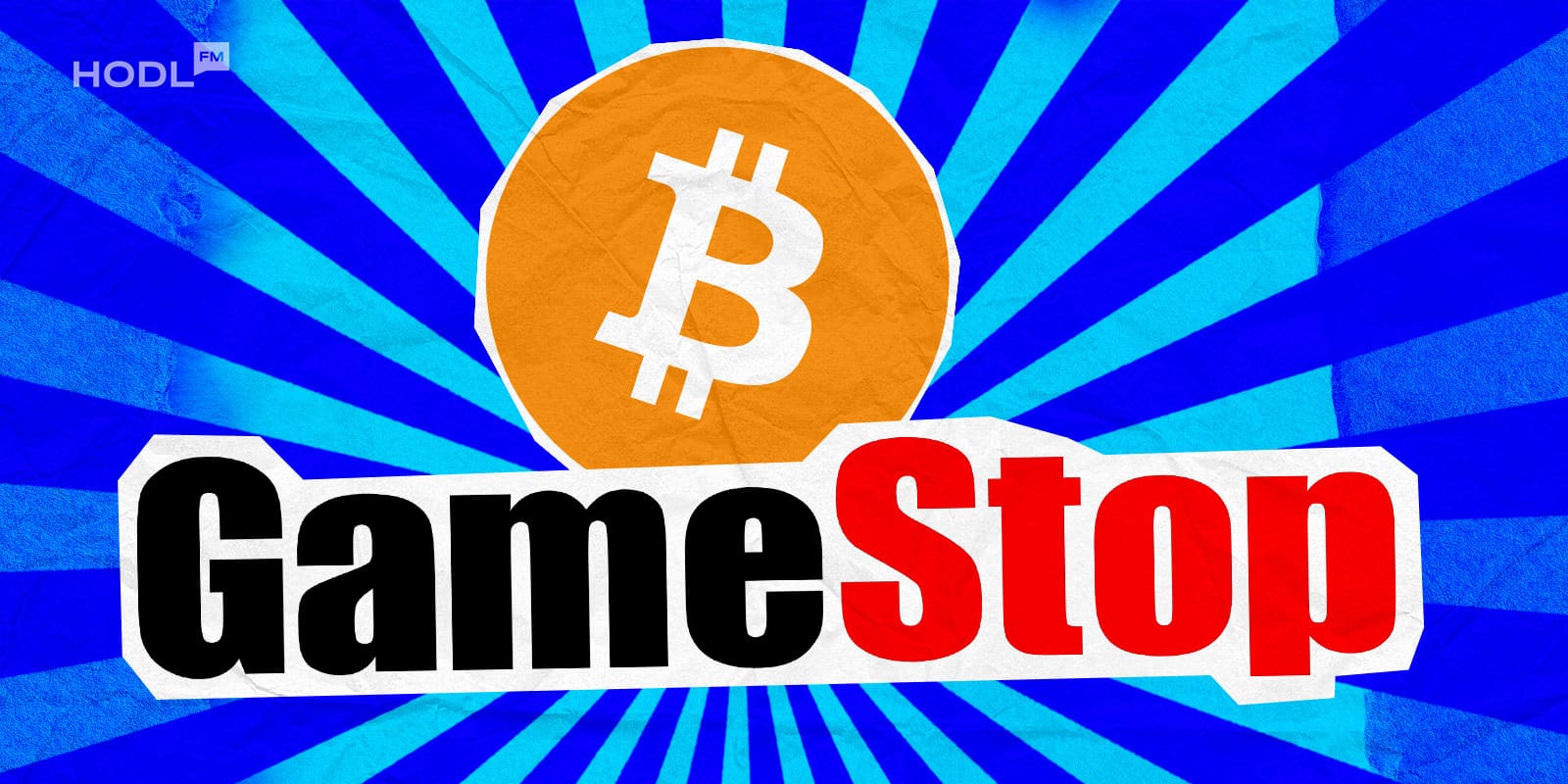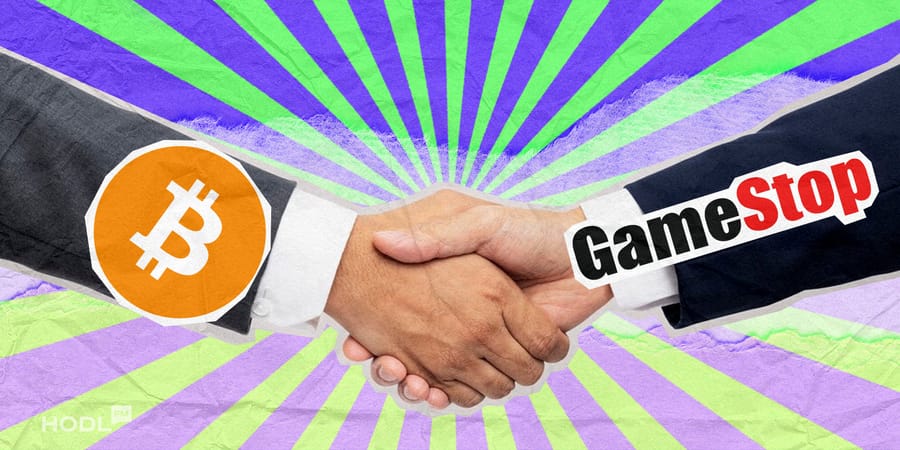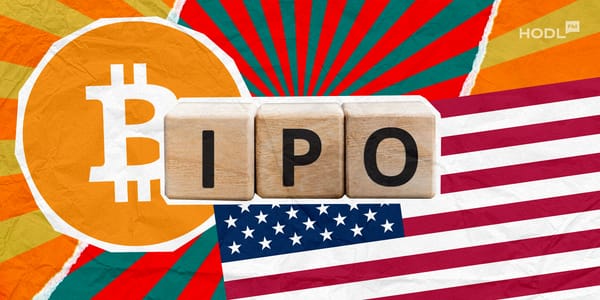In a move that shows GameStop is ready to level up its game, the video game retailer has just finished a convertible debt offering that raised a cool $1.5 billion. With board approval in hand, GameStop is set to dip into the crypto pool by adding Bitcoin and US-dollar-pegged stablecoins to its balance sheet—a strategy that echoes the playbook popularized by Michael Saylor’s Strategy.
An Ambitious Raise
Originally, GameStop’s convertible debt offering was slated to bring in at least $1.3 billion. But, as if the company knew it needed a bit more fuel for its crypto ambitions, purchasers sweetened the deal, opting for an extra $200 million principal amount of notes. The final offering, as detailed in an April 1 filing with the Securities and Exchange Commission, now stands at $1.5 billion.
This convertible debt isn’t your run-of-the-mill borrowing. It’s structured so that it can later convert into equity, and it’s set to mature on April 1, 2030—unless it gets scooped up by conversion, redemption, or repurchase sooner. The conversion rate has been pegged at 33 shares of common stock per $1,000 of principal amount. Despite this financial fireworks display, GameStop’s share price took a relatively calm approach on the day of the offering, closing at $22.61 with a modest 1.34% uptick, and an extra 0.5% bump after the bell, according to Google Finance data.
From Short Squeeze Fame to Bitcoin Investment
For those who remember GameStop’s history, the company isn’t new to dramatic market swings—who could forget the 2021 meme stock craze that sent its shares soaring over 1,000% in a single month, as hedge funds got a rude awakening? Now, GameStop is pivoting its narrative. On March 25, the retailer confirmed it had received board approval to invest in Bitcoin and dollar-pegged stablecoins, using both the proceeds from its convertible debt offering and its hefty cash reserves. With $4.77 billion in cash as of February 1 (up from 921.7 million a year earlier), the numbers suggest GameStop is serious about strengthening its balance sheet with digital assets.
The Company’s New Crypto Chapter
GameStop’s new crypto venture is an interesting mix of legacy and innovation. While it once flirted with crypto by launching a wallet for its users (a venture that eventually shut down in November 2023 due to regulatory uncertainties), it now seems to be back with a renewed focus—a newfound appetite for Bitcoin that’s in line with the strategies of big players in the market. As a relative latecomer among public companies building Bitcoin treasuries, GameStop’s move signals its intent to not only diversify but also modernize its balance sheet.
Industry analysts suggest that this step could shape a new chapter for GameStop. Expect the company to harness these digital assets as a store of value, much like gold, and to use its newfound crypto position as a springboard for future growth. It’s a bold plan that might just bridge the gap between the notoriously volatile meme stock legacy and the relatively more stable world of Bitcoin.
FAQs
What is convertible debt?
- Convertible debt is a type of financing that starts as a loan and can later be converted into equity at a predetermined conversion rate. For GameStop, that conversion rate is 33 shares per $1,000.
Why is GameStop investing in Bitcoin?
- GameStop’s board approved the investment to diversify its balance sheet and tap into the long-term value proposition of digital assets. This move reflects a strategic shift to modernize its financial footing.
How does this move compare to Michael Saylor’s Strategy?
- Like Michael Saylor, who has famously built a massive Bitcoin treasury for his company, GameStop is positioning Bitcoin as a store of value that can help stabilize and grow its portfolio over time.
Is this a risky move for GameStop?
- While adding Bitcoin introduces exposure to cryptocurrency price volatility, the company’s substantial cash reserves and structured convertible debt offering provide a buffer. Industry analysts will be watching closely to see how this strategy pays off in the long run.
What is happening with GameStop?
- GameStop Corp. (GME) is a brick-and-mortar retail video game vendor chain that had its initial public offering in early 2002. By 2021 it was a troubled firm, with steadily falling share prices. It had been closing stores for some time, and the pandemic accelerated its sales decline.
Is GameStop expected to rise again?
- Gamestop holds several negative signals and is within a very wide and falling trend, so we believe it will still perform weakly in the next couple of days or weeks. We therefore hold a negative evaluation of this stock.
Does GameStop buy old consoles?
- Now accepting trades on games, consoles, controllers, headsets, phones, tablets, smart watches, keyboards, microphones, external hard drives, memory cards, and more.
How much is GameStop Pro?
- Members are automatically renewed annually for their GameStop Pro Membership using payment information GameStop has on file. Membership in the GameStop Pro Program is $25 per year. All prices include applicable taxes.
GameStop’s recent $1.5 billion convertible debt offering isn’t just another headline—it’s a strategic play that underscores the evolving dynamics between traditional retail and the burgeoning crypto market. With substantial cash reserves and a clear directive from the board to invest in Bitcoin and stablecoins, GameStop is rewriting its story from meme stock fame to a credible digital asset powerhouse.

Disclaimer: All materials on this site are for informational purposes only. None of the material should be interpreted as investment advice. Please note that despite the nature of much of the material created and hosted on this website, HODL FM is not a financial reference resource and the opinions of authors and other contributors are their own and should not be taken as financial advice. If you require advice of this sort, HODL FM strongly recommends contacting a qualified industry professional.




